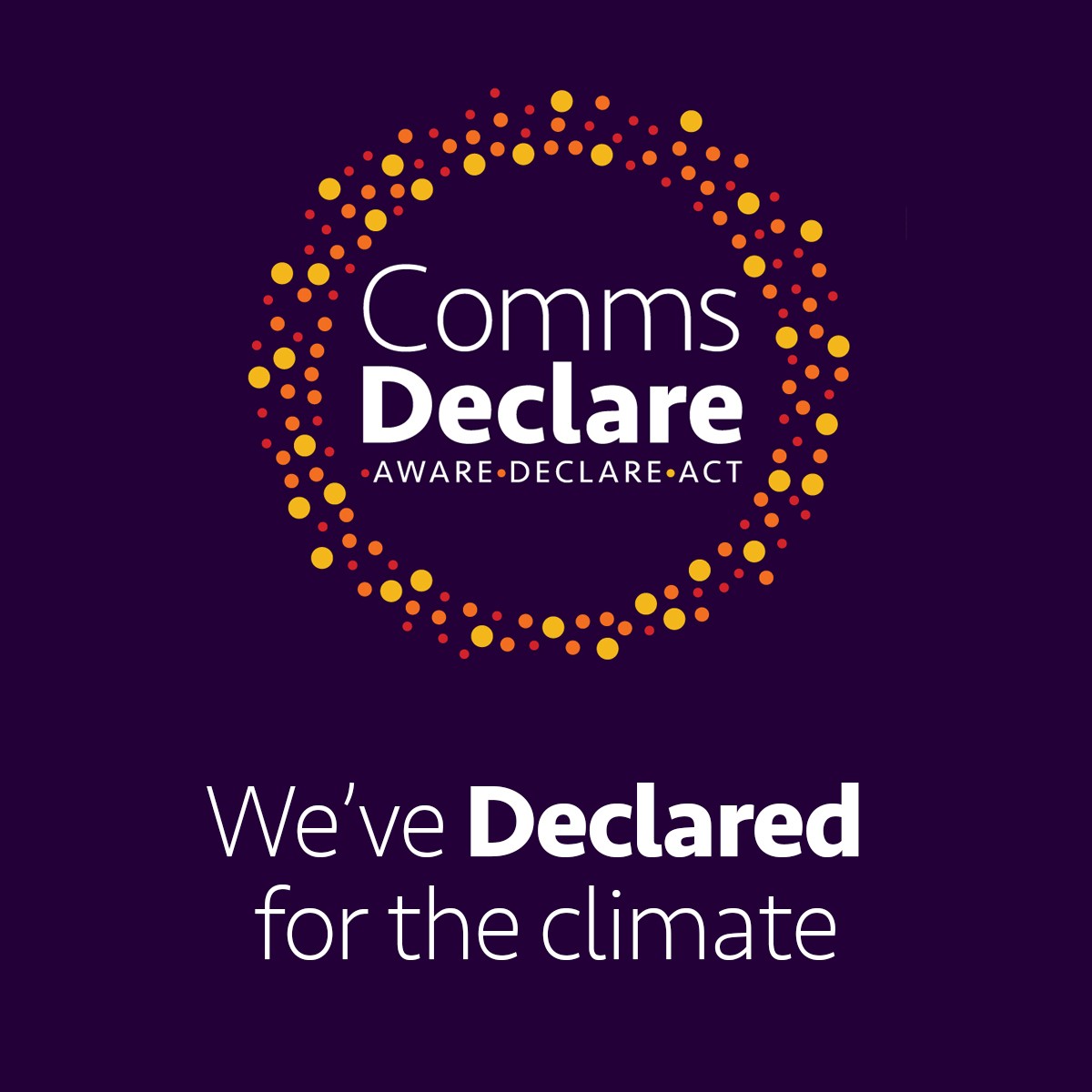In March this year, Colmar Brunton published their 12th annual sustainability research report based on data collected in Dec 2020. Kiwi’s have, through COVID -19, “dipped our toes into a new future, defined by more ethical consumer decision making,” said Mike Burrell, executive director at the Sustainable Business Council, of the research insights. In one key respect, the research showed we are becoming less ‘consumers’ and more responsible citizens; people reported themselves as doing between 3% and 11% more reducing, reusing, recycling, and repairing. Over a third of us say we are committed to a “sustainable lifestyle”.
The research also revealed the personal impact of the pandemic; increased economic uncertainty and increased concern about personal health and wellbeing. From a marketing perspective we need to notice this and consider how we communicate the value for money of what we offer and what contribution, if any, it makes to wellness.
In New Zealand, we felt the pandemic has been good for the environment and this, coupled with the Climate Act and climate change Minister’s reappointment, may explain the reduced sense of urgency for climate action for some, shown in the results. The level of concern about the impact of climate change on NZ dropped to 38%, from 52% in 2019 and 55% in 2018. In the face of COVID-19, New Zealanders said they are more preoccupied with their immediate needs than the perceived longer-term challenge of climate change, however almost half still want the Government to lead and do more.

In the top ten concerns, social issues dominate, especially cost of living, housing availability, and land sales to overseas owners. All three of the environmental issues in the top ten were waste-related; build-up of plastics in our environment, not enough waste being recycled, and over-packaging, doomed to landfill.
The biggest jump in concern was about land sales overseas and this increased sensitivity to what is NZ-owned, as our borders remain closed, might also be driving the growth we are anecdotally seeing in ‘buying local’ and NZ-made.
The research highlights the range of attitudes within Aotearoa:
- 29% of us actively seek more sustainable brands
- 28% of us need encouragement to act according to our inclination
- 25% of us have stopped buying some ‘bad guy brands’ but haven’t really changed shopping habits much yet and
- 18% of us are skeptical about sustainability
As marketers, it’s important we consider these when we are thinking about our target audiences, and consider how we can both meet needs and inspire.
Our messaging needs to address Kiwi’s concerns about price, ensure they have clear and accurate information they can easily understand, and make choosing and buying quick and easy for people. The changes forced on us by Covid-19 have had an ongoing impact and seem to have increased demand for ‘better products’ that support a ‘better self’ and a ‘better society’ and so communicating brand benefits that address all three are important.
You can download the full report from Colmar Brunton here.
To talk with us about interpreting this research for your own business and updating your marketing based on the insights, please call 09 973 0960. We look forward to talking!













